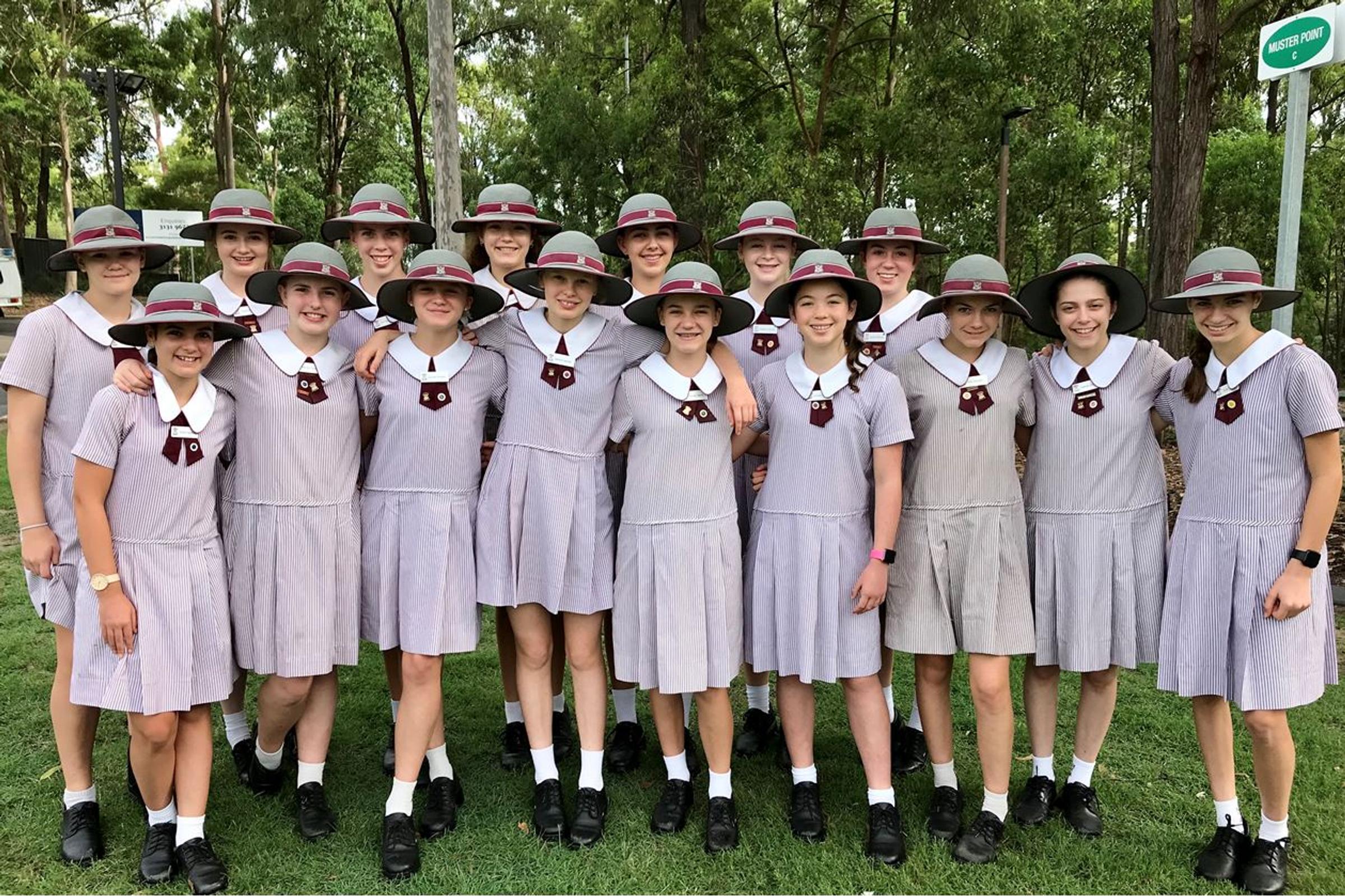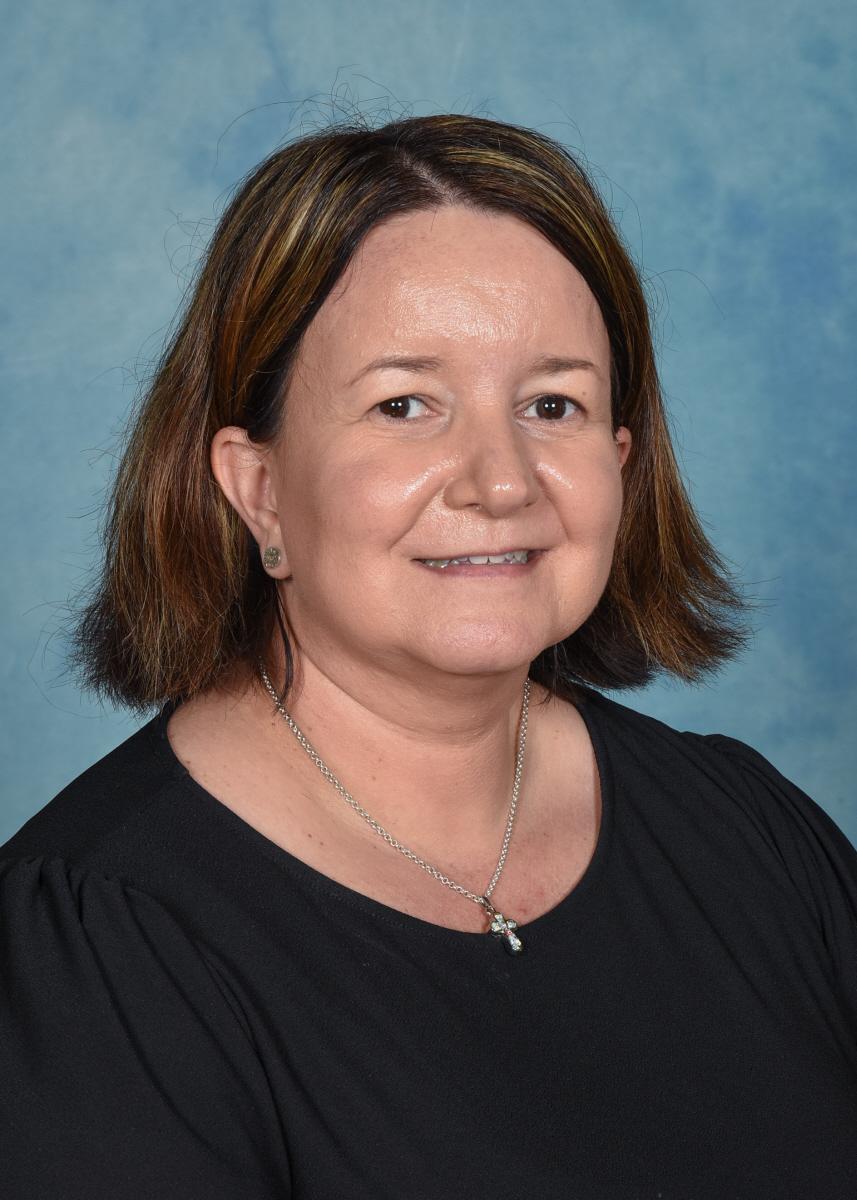Year 9 Pastoral Guardian

“One child, one teacher, one book, one pen can change the world” Malala Yousafzai.
International Women's Day (IWD) is this Sunday (8 March). This is a significant day for women as it is a global day celebrating the social, economic, cultural, and political achievements of women. Malala is an inspirational Pakistani activist for female education and the youngest Nobel Prize winner. We are all lifelong learners and, although education is a vital part of our daily life, we cannot be in the right mindset to retain any information if we do not maintain our own wellbeing.
Do you feel content, energised, connected, and balanced? Are you able to put the bad days in perspective and live with a sense of purpose? If you answered yes, then you are experiencing positive wellbeing, a state of general contentment with life and the way things are. In this state, we experience balance in body, mind, and spirit and feel connected to purpose, people, and community.
The problem with this is that many of our students are not yet there. Their busy lifestyles are causing them to struggle - whether they are tired, confused, stressed, or just feeling unsettled. These students may feel disconnected from others or stuck in a routine that hold no meaning. They often do not get enough sleep, do not know how to manage stress, are navigating changing relationships, or rely on technology and social media far too much. They may be dissatisfied with their daily lives and live in uncertainty or worry. The good news is that, with practice, our students can enhance their wellbeing and achieve a state of balance and contentment. In doing so, they will be able to learn, flourish, and succeed.
Four practices of which your daughter needs to be aware to ensure that she is looking after her mental health and wellbeing
“One child, one teacher, one book, one pen can change the world” - Malala Yousafzai.
International Women's Day (IWD) is this Friday (March 8). This is a significant day for women as it is a global day celebrating the social, economic, cultural and political achievements of women. Malala is an inspirational Pakistani activist for female education and the youngest Nobel Prize winner. We are all lifelong learners and although education is a vital part of our daily life, we cannot be in the right mindset to retain any information if we do not maintain our own wellbeing.
Do you feel content, energized, connected and balanced? Are you able to put the bad days in perspective and live with a sense of purpose? If you answered yes, then you are experiencing positive wellbeing, a state of general contentment with life and the way things are. In this state, we experience balance in body, mind and spirit and feel connected to purpose, people, and community.
The problem with this, is that many of our students are not yet there. Their busy lifestyles are causing them to struggle - whether they are tired, confused, stressed or just feeling unsettled. These students may feel disconnected from others or stuck in a routine that hold no meaning. They often do not get enough sleep, do not know how to manage stress, are navigating changing relationships or rely on technology and social media far too much. They may be dissatisfied with their daily lives and live in uncertainty or worry. The good news is that, with practice, our students can enhance their wellbeing and achieve a state of balance and contentment. In doing so, they will be able to learn, flourish and succeed.
Four practices that your daughter needs to be aware of to ensure that she is looking after her mental health and wellbeing.
1. Understand: What is mental health?
Mental health is the health of your mind, thoughts, and emotions.
Tip - You can look after your mental health through the choices you make about your lifestyle and environment.
2. Think about how food and drink affect your mood
The food and drinks you eat can affect how well you feel, both physically and mentally.
Tip – Eat to feel good - do not skip breakfast, drink plenty of water, and reduce your sugar intake.
3. Get active
Exercise is beneficial for your mind.
Tip – Try to fit some type of physical activity into every day, even if it is just ten minutes to begin with, then gradually increase this.
4. Learn how to deal with stress
Acknowledge that stress is a normal bodily response to situations where you feel under pressure.
Prevent yourself from getting too stressed out – take some time out every day (eg listen to music, watch your favourite movie, go for a walk/swim, read a book), try mindfulness or relaxation techniques.
Smiling Mind is a free app that you can download which guides you through different mindfulness meditations.
For more information refer to Queensland Health
https://www.health.qld.gov.au/news-events/news/looking-after-your-mental-health-in-your-teens
“Where there is peace and meditation, there is neither anxiety nor doubt.” - St Francis of Assisi.
Building positive relationships, and being actively involved with those around you, also has a positive impact on your wellbeing. It was good to see so many enthusiastic Year 9s at the Interhouse Swimming Carnival on Monday. A special ‘shout out’ to all Year 9 students for attending – either participating in swimming events, attending swimming training, encouraging and supporting your friends or house, or assisting staff with special jobs throughout the day. It is important for all students to attend these compulsory college events and to participate in cocurricular activities - not only to support their peers, build on their skills, or be part of a team, but to encourage a sense of belonging to the Mount Alvernia community. Participation and attitude towards college events and cocurricular activities is a consideration should a student choose to apply for a leadership position in her senior years.
Positive body + mind + spirit = healthy wellbeing
Conversation Starters
What do you want for breakfast tomorrow?
Have you tried the Smiling Mind app or any other mindfulness meditations?
How do you deal with stress?
What are three things you do when you need a break?
Teena Christofis
GRIP Student Leadership Conference
Eight other Year 9 students and I had the opportunity to attend the GRIP Student Leadership Conference on 27 February at the Sleeman Sports Complex. (We are pictured at the top of this page.)
When we arrived there were separate books about degrees on offer at Griffith University. We were given a booklet to complete throughout the conference that enabled us to take notes and reflect on what happened during the day. At the conference we learned about setting our leadership priorities. Legacy before popularity, people before projects, needs before wants, and persistence before defeat.
For part of Session 2 we had the opportunity to attend an elective of our choice. The options were: Leading exciting events and leading a team of my peers; Leading a team of my peers informed with four ways we should lead our peers: Manage the balance between asking and instructing, Role model anything that you ask of others, Seek advice from a mentor, and Build relationships with your team members.
For the final session we had the choice between two electives: Leading with engaging speeches and Leading in positive partnership with teachers. Leading with engaging speeches taught us that to make a speech engaging is to prioritise. They gave us several ways we could do this: Preparation in advance, Demonstration with visual tools, Motivation for the audience to respond, and more. At this conference we had to mix with multiple students form other schools, and one of the activities was to find three other students' best leadership tips. I met a girl named Katie who said we should be confident and proud and to engage with our peers.
Overall, the GRIP student leadership conference was a great experience that taught us how to be good leaders.
Madisyn Faull

